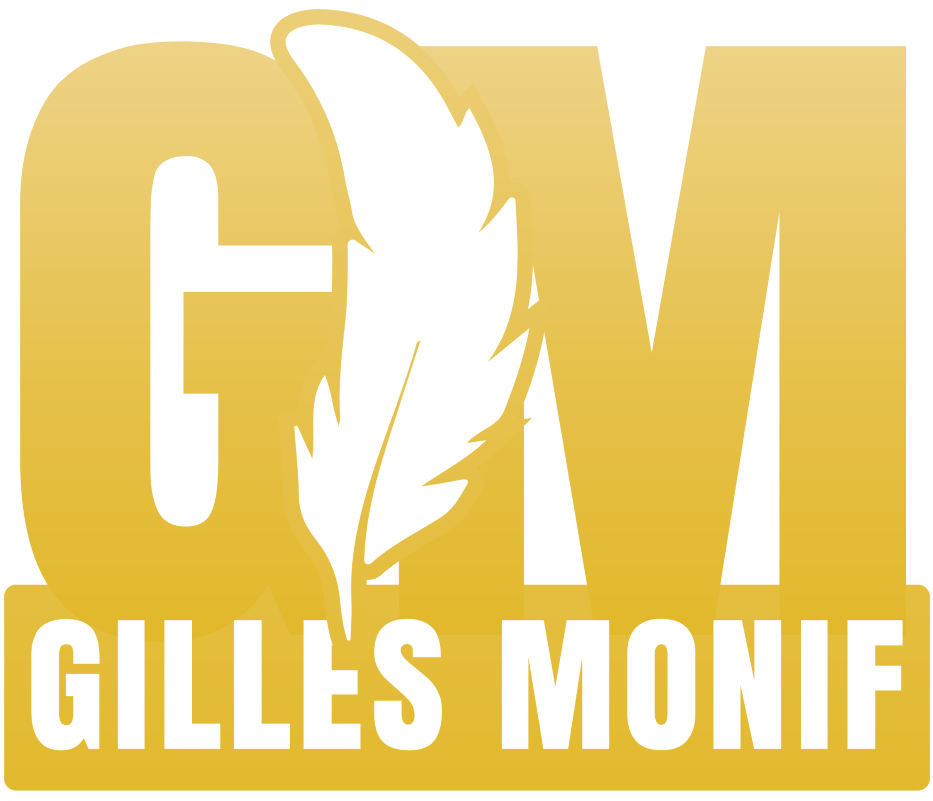Scientific discoveries often take unexpected detours. Professor Karel Hruska of the Veterinary Research Institute of the Czech Republic (VRI) was an internationally recognized leader within veterinary medicine. He was the first to identify the significant presence of a bovine mycobacterium, Mycobacterium avium subspecies paratuberculosis (MAP), in infant formula as well as the fact that MAP had to become widespread in milk-producing herds before Crohn’s disease appeared in the general population.
Within a year of establishing a strategic working relationship with the U. S. infectious disease think tank, Infectious Diseases Incorporated (IDI), his entire infectious disease unit was shut down without any warning. Dr. Gilles R. G. Monif’s new book “The Prevention and Therapy of Crohn’s Disease,” details how this dramatic event caused those who remained to terminate all bench research and become soldiers with pens.
IDI and VRI have changed our understanding of Crohn’s disease. Dr. Monif revolutionized our understanding of Crohn’s disease with his Hruska Postulate. Professor Karel Hruska’s significant contributions to solving the Crohn’s disease enigma were done at, ultimately, great personal cost, makes clear why IDI’s pathogenesis of Crohn’s disease bears his name, The Hruska Postulate.
